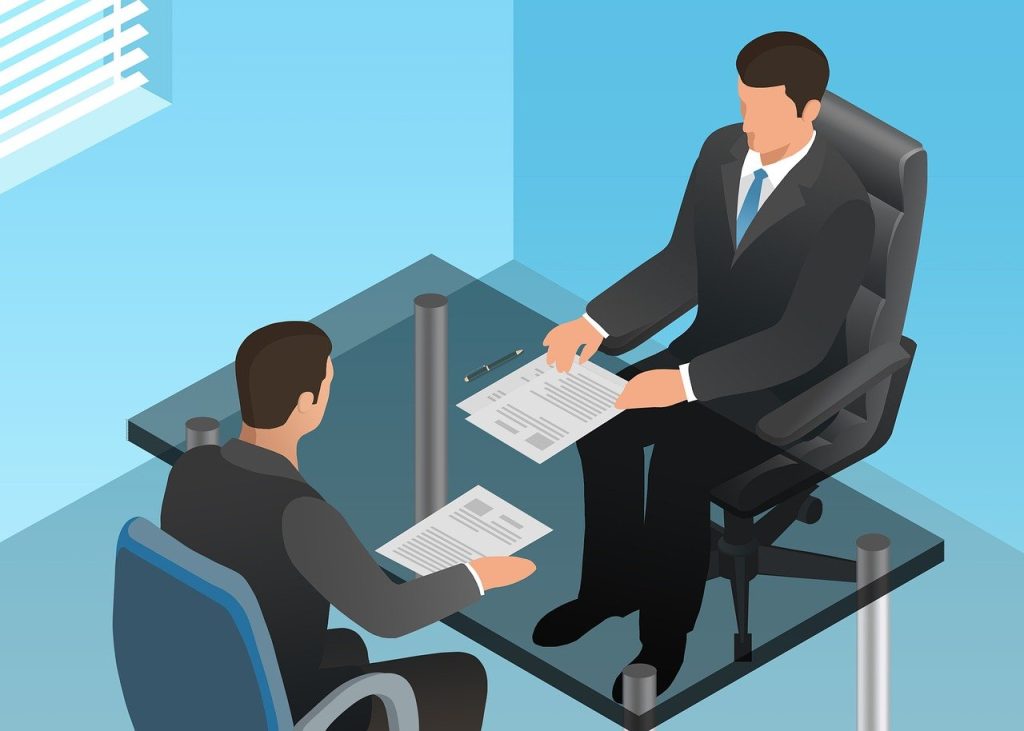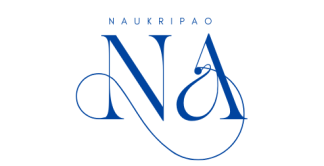
Introduction
Cracking a job interview can be a daunting task, but with the right preparation and mindset, you can significantly increase your chances of success. Job Interviews are not just about answering questions; they are opportunities to showcase your skills, personality, and fit for the company. This guide will provide you with comprehensive strategies and tips to navigate the job interview process confidently and effectively.
Understanding the Interview Process
1. The Purpose of an job interview
An interview serves multiple purposes:
- Assessment of Skills: Employers evaluate whether your skills align with the job requirements.
- Cultural Fit: Companies assess if your values and personality align with their culture.
- Communication Skills: Interviews gauge how well you articulate your thoughts and ideas.
2. Types of Interviews
Understanding the format of the interview can help you prepare accordingly:
- Traditional Interviews: One-on-one meetings focusing on your resume and experience.
- Behavioral Interviews: Questions based on past experiences to predict future behavior.
- Panel Interviews: Multiple interviewers assess you simultaneously.
- Technical Interviews: Focused on assessing specific technical skills relevant to the job.
Preparation Strategies
3. Research the Company
Before stepping into an interview, thorough research is crucial:
- Company Background: Understand the company’s mission, values, and culture.
- Recent Developments: Stay updated on recent news or achievements related to the company.
- Competitors: Knowing who the competitors are can provide context during discussions.
4. Analyze the Job Description
Dissecting the job description helps you tailor your responses:
- Key Responsibilities: Identify primary responsibilities and think about how your experience aligns.
- Required Skills: Match your skills with those listed in the job description to prepare relevant examples.
5. Prepare Your Responses
Anticipating common interview questions can ease anxiety:
- Tell Me About Yourself: Craft a concise summary of your professional background.
- Strengths and Weaknesses: Be honest about your strengths while framing weaknesses positively.
- Behavioral Questions: Prepare for questions like “Describe a challenging situation” using the STAR method (Situation, Task, Action, Result).
6. Develop Questions for Interviewers
Asking insightful questions demonstrates interest and engagement:
- Inquire about team dynamics or company culture.
- Ask about growth opportunities within the organization.
Presentation Matters
7. Dress Appropriately
Your appearance plays a significant role in first impressions:
- Choose attire that aligns with the company culture—business formal or business casual depending on the organization.
- Ensure that you are well-groomed and presentable.
8. Punctuality is Key
Arriving on time is non-negotiable:
- Aim to arrive at least 15 minutes early to account for unexpected delays.
- Use this time to relax and mentally prepare.
During the job Interview
9. Body Language and Communication
Non-verbal cues are as important as verbal communication:
- Maintain eye contact to convey confidence.
- Use open body language—sit up straight and lean slightly forward to show engagement.
- Avoid fidgeting or crossing arms, which can signal discomfort or defensiveness.
10. Listen Actively
Active listening demonstrates respect and engagement:
- Pay close attention to the interviewer’s questions.
- Clarify any points you do not understand before responding.
11. Be Honest and Authentic
Authenticity builds trust:
- Be truthful in your responses; if you don’t know an answer, it’s okay to admit it rather than guessing.
Closing the Interview
12. Conclude Positively
The end of an interview is as important as its beginning:
- Thank the interviewer for their time and express enthusiasm for the role.
- Reiterate why you believe you are a good fit for the position.
13. Follow Up
A follow-up email can reinforce your interest:
- Send a thank-you note within 24 hours of the interview, summarizing key points discussed and expressing gratitude for the opportunity.
Common Pitfalls to Avoid
14. Overconfidence vs. Underconfidence
Striking a balance between confidence and humility is crucial:
- Avoid coming off as arrogant by acknowledging areas for improvement while highlighting your strengths.
15. Neglecting Soft Skills
Technical skills are important, but soft skills often make a difference:
- Highlight communication, teamwork, problem-solving, and adaptability throughout your responses.
Conclusion
Cracking a job interview requires a blend of preparation, self-awareness, and effective communication. By researching the company, analyzing job descriptions, preparing thoughtful responses, dressing appropriately, and engaging actively during interviews, you can significantly enhance your chances of success. Remember that interviews are not just evaluations; they are conversations that allow both parties to determine if there is a mutual fit. With these strategies in hand, approach your next interview with confidence and clarity—your dream job may be just around the corner! Read our other blog related to Ultimate Guide to Landing Your Dream Job
